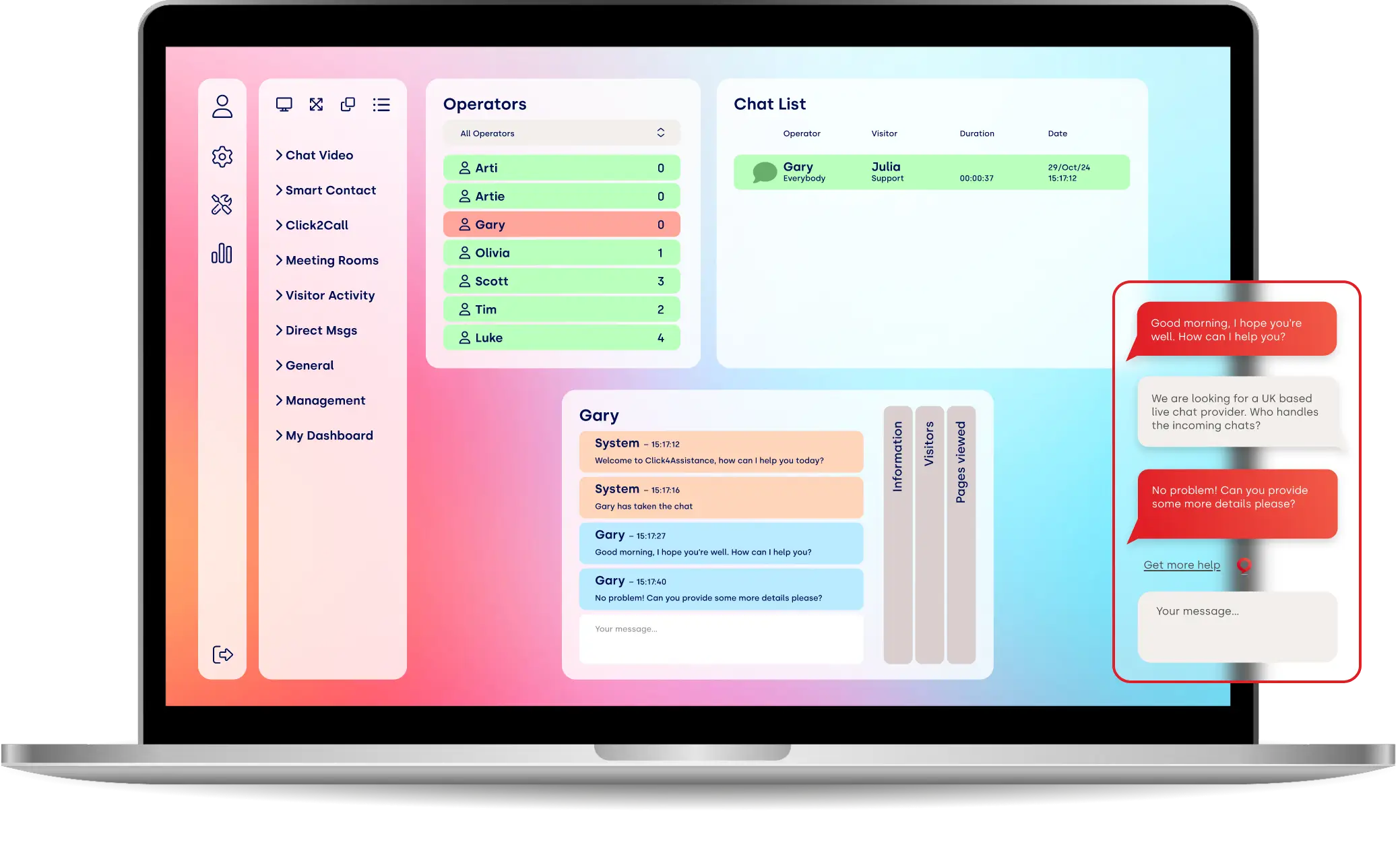How Will GDPR Affect Potential and Existing Students Data?

Student data comes from different stages in their education journey. From initial research, potential students are likely to request an online prospectus, where they enter their data.
During applications they will share all their personal and identifiable details with UCAS to begin the process, this is then sent to the relevant universities who will use this information to send out offers. Upon acceptance the universities will use it to set up their students’ profiles, so that they can attend their lectures, have access to the library and be allocated their accommodation in the halls etc.
At any point, whilst applying to be a student or once they have accepted, these individuals can have questions and can therefore need to share their details in order to have answered. For example they can enter their email address into a web form or their name and phone number into a pre-chat form.
Wherever they enter their details, the potential or existing student has the right to be informed of how their data is going to be processed. The bare minimum that organisations should do is include this information clearly and concisely in their privacy policy. It should be easily accessible, therefore a link to your privacy policy could be added to any area that personal details are collected, alternatively, a ‘just in time’ panel can be presented, to display why the information is being asked for and how it’s going to be used, ensuring the individual is informed before they share their details.
In most cases universities will be able to use ‘Legitimate Interest’ as the lawful basis for processing, as the potential or existing student requires information about the higher education establishment, therefore the university is supplying the information they need. If they were to add students onto a campus mailing list for example, then they would need the individuals consent to use their details in this manner, as it would be not in a way the student would reasonably expect their data to be used.
Complying with GDPR when Using Live Chat

Most universities will gather student details before they enter the chat so that the representative can simply identify who they are speaking with. The visitor facing aspects of the Click4Assistance system are 100% fully customisable, allowing a link to your privacy policy or ‘just in time’ text to be easily added to the pre-chat form. If consent is needed regularly, an optional check box could be added to the window to inform the individual of the university’s intention and record the consent as the chat session is initiated.
Alternatively, if it is not often that universities need to use consent as the lawful basis of processing, visitors could simply give a statement during the chat or a check box could be added to the window, which they can tick if necessary and they agree. Another option is to use the post chat forms to gather details for marketing or any other purpose etc. The window can explain why the information is needed and a check box added, therefore it is separate from the main conversation, but consent is stored against the chat record.
At any point a student can request a copy of their data that the university holds on file (the right of access), or for it to be permanently deleted if there isn’t a compelling reason for continued processing (the right to erasure / to be forgotten). Representatives with the authorised permissions can easily search the Click4Assistance solution using the filters for any records of chat or previous visits. The information can be sent directly to the data subject in readable formats (the right to data portability) such as PDF, Excel and CSV or can be purged from the system.
GDPR looks to modernise data protection regulations to ensure UK citizens data is stored and processed securely within this digital era. Implementing these small changes when using live chat will ensure use of the communication tool complies with the new rules.
Click4Assistance has been providing live chat for over 10 years, helping universities such as Edinburgh, Glyndwr and Essex, to implement the communication channel to successfully increase student engagement. For more information on the solution and our security, contact our team on 01268 524628.























